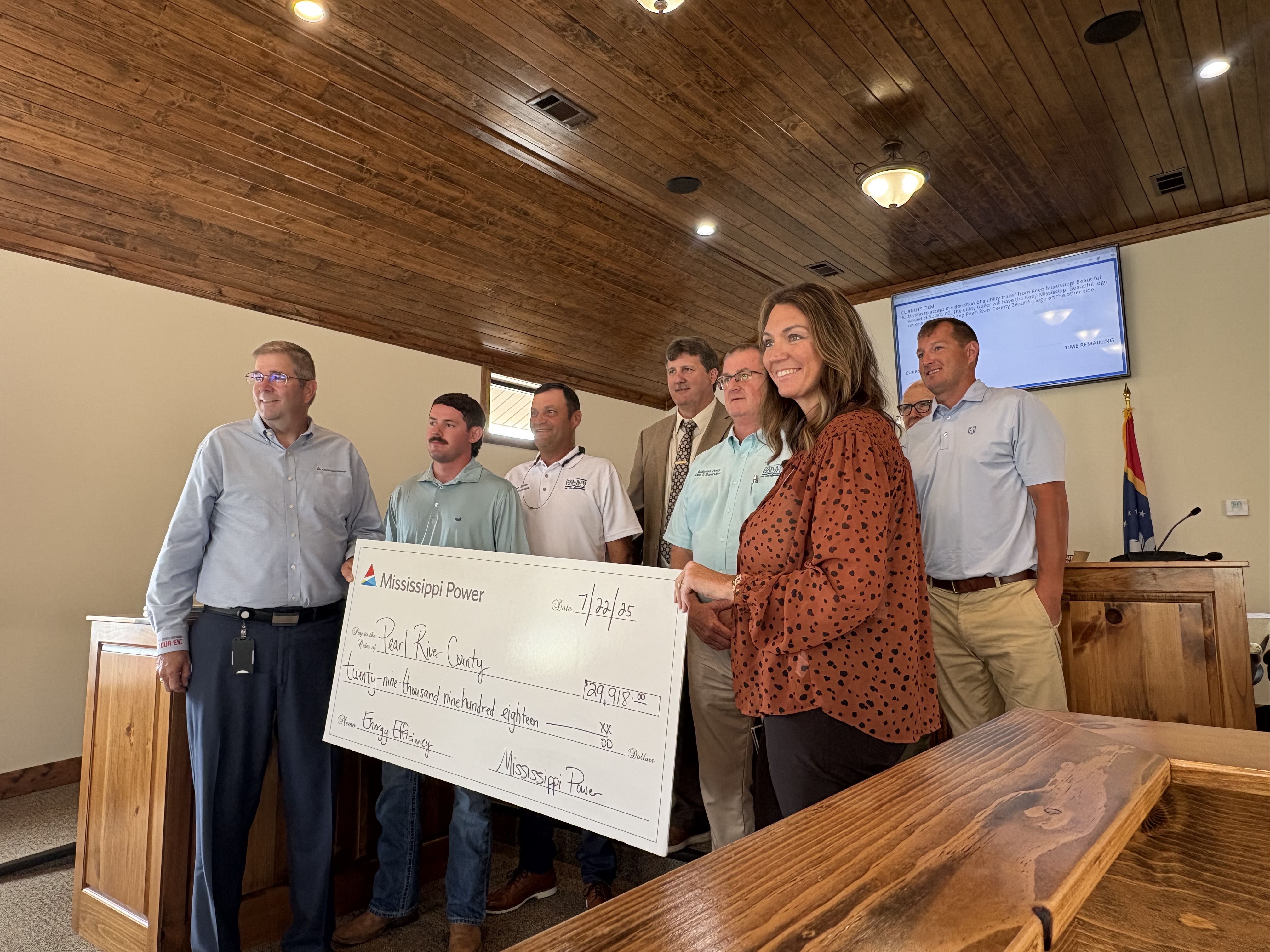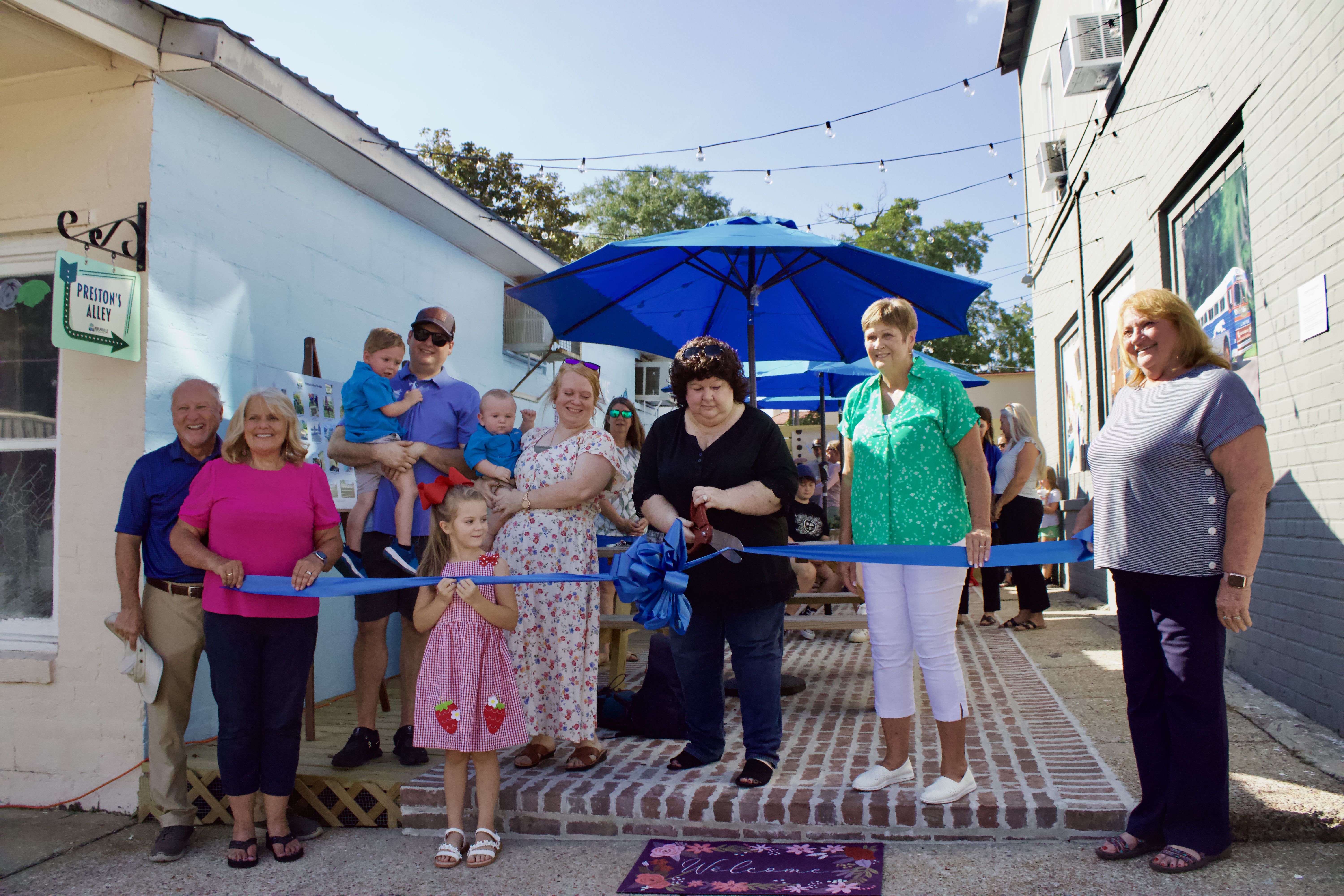Space heater safety a necessity during cold weather
Published 7:00 am Thursday, February 26, 2015

HOME SAFETY: This photo shows the aftermath of a local house fire that began when a space heater was left running too close to a bed.
Photo submitted
The weather in Pearl River County has been unseasonably cold for this time of year, and with temperatures expected to dip into the 30s yet again tonight and Friday night, it is important to remember the safety precautions of space-heating devices.
Space heaters are a popular option for those who do not have central heating, but when not used properly, the devices can be dangerous.
“Space heaters need to be at least three feet away from any combustible items,” said Picayune Fire Marshal Pat Weaver.
Trending
Weaver said the Picayune Fire Department recently responded to a call concerning a residential fire on Nina Drive that was started by a space heater sitting too close to the bed.
Thankfully, the residence was empty at the time of the fire, and no one was injured, said Weaver.
A statistic from the United States Consumer Product Safety Commission stated that portable heaters are associated with the start of more than 25,000 residential fires every year, and more than 300 people die as a result of those fires. These figures were released in a report concerning the use and safety of portable heaters on the United States Department of Energy’s website, which states that some space heaters can be energy efficient if users are mindful of the precautions.
Carbon monoxide poisoning is another danger to be mindful of during cold weather. According to the Mississippi State Department of Health, any heater that uses fuel, such as a gas stove or water heater, can leak carbon monoxide.
In a statement released by the state department of health, people die from carbon monoxide poisoning every year because they attempt to heat their home with devices that are not meant for indoor use.
Heating a home with a gas oven, running a generator indoors or burning wood in a fireplace that is not properly ventilated can all lead to carbon monoxide exposure, according to the release.
Trending
Because the gas is odorless, invisible and tasteless, there is no way to identify exposure unless one begins to experience symptoms.
Even then, the symptoms, such as shortness of breath, nausea, dizziness, weakness and confusion, can be mistaken for a number of other illnesses, according to the state department of health.
High levels of exposure can be fatal within minutes, the release states.
Weaver recommends that all residences have a carbon monoxide detector, especially homes with gas appliances and wood stoves.
Other precautions against carbon monoxide poisoning include regular maintenance of carbon monoxide detectors, as well as annual inspections on all combustion appliances, the release states.





